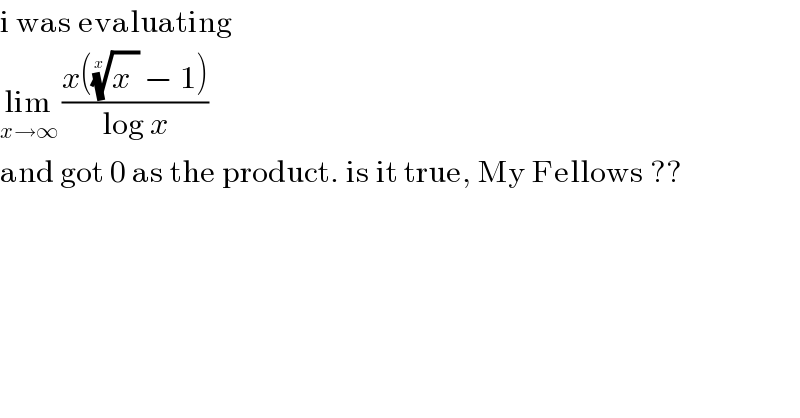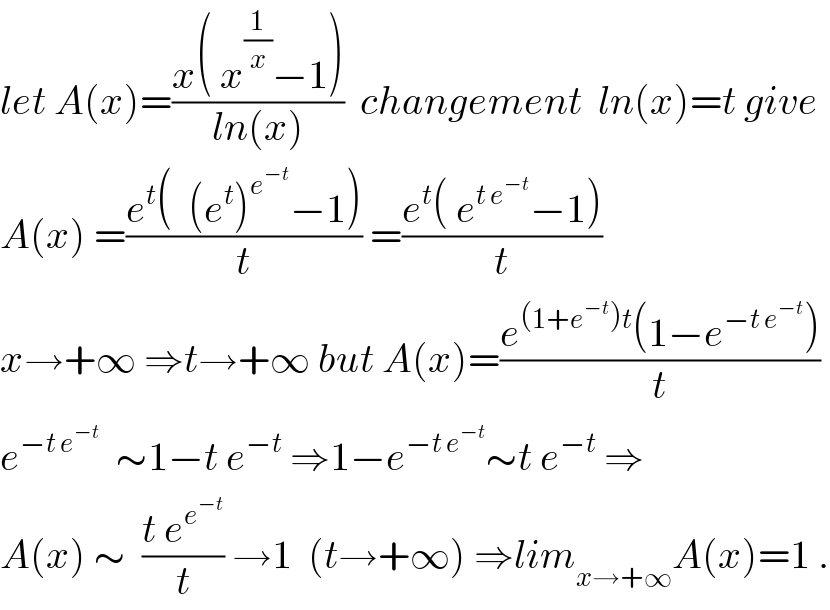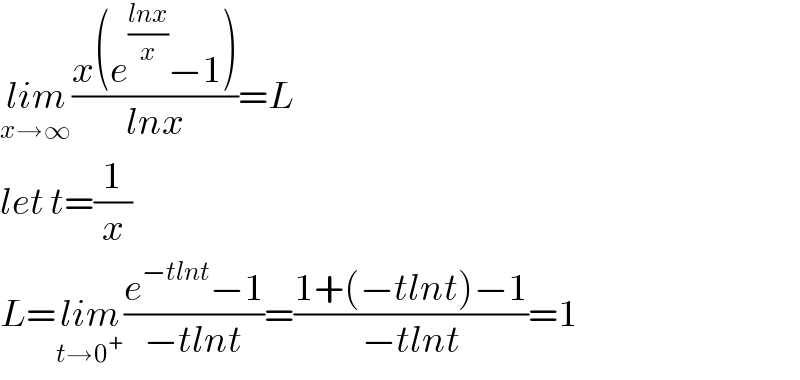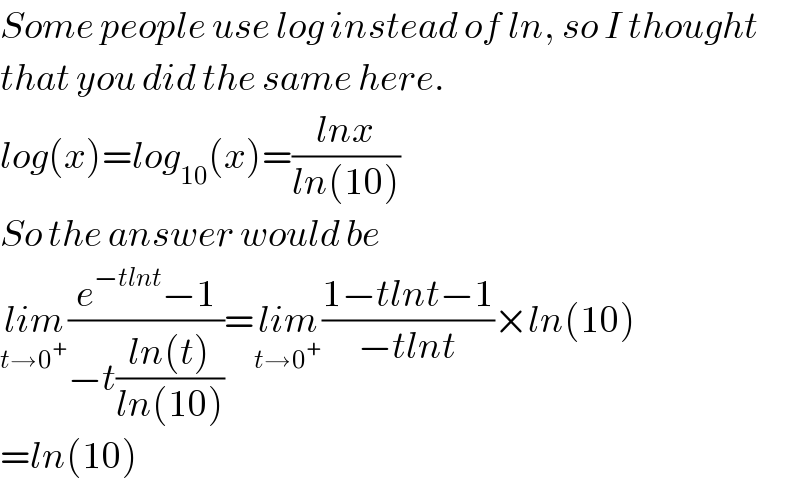
Question and Answers Forum
Question Number 50954 by afachri last updated on 22/Dec/18

Commented by Abdo msup. last updated on 23/Dec/18

Commented by afachri last updated on 24/Dec/18

Answered by Smail last updated on 22/Dec/18

Commented by afachri last updated on 22/Dec/18

Commented by afachri last updated on 22/Dec/18

Commented by Smail last updated on 23/Dec/18

Commented by afachri last updated on 23/Dec/18

